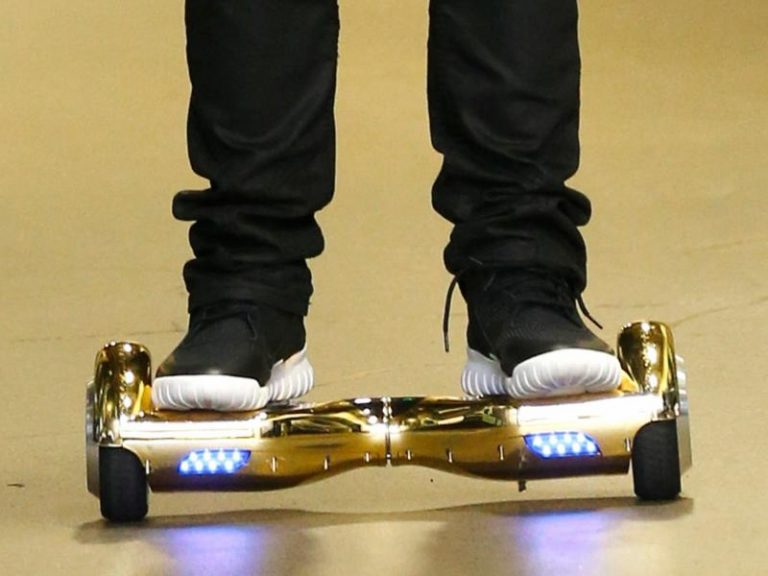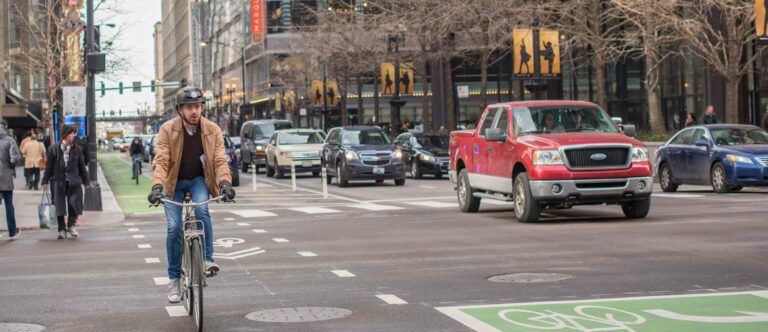
What is Product Liability?
Claims can be made under the product liability law when a company is responsible for creating a product that is defective or dangerous to the consumer. This means the entire chain from seller to manufacturer to distributor may be responsible for any harm caused to users as a result of their product.
While there is no federal law on product liability, claims are made based on state laws and commercial consumer codes may vary state to state. In Illinois, there are two main factors that could hold a company responsible for injuries obtained using their product. The first would be negligence in which the plaintiff or the consumer in this case, must prove that the manufacturer did not provide what was expected. A second theory could be that of strict liability, meaning that the manufacturer created and sold a defective product by either design, manufacturing or marketing. When claiming strict liability, you do not have to prove that the manufacturer is at fault but simply that the product is defective.
Currently, there are at least two known product liability lawsuits that have resulted on behalf of hoverboards, one in Alabama and another in New York. In addition, 37 investigations across 19 states, most of which were a result of fires from charging hoverboards, have also been underway. In both known cases, they are suing both the distributors, a mall kiosk and a sporting goods store respectively, as well as the manufacturers. Since these products are made up of many parts, some of which may come from overseas, it is hard to claim one party responsible.
So before you hand over hundreds of dollars for your new hoverboard, be sure it won’t be a fire starter. The U.S Consumer Product Safety Commission suggests not buying from mall kiosks or stores you do not trust while looking for the UL certification on the product to make sure it has been independently investigated for safety. If you have one already, make sure to watch it while charging. And at the very least, wear a helmet!


 Skip to content
Skip to content







